EQUILIBRIUM. Excellent piece of dystopian science fiction
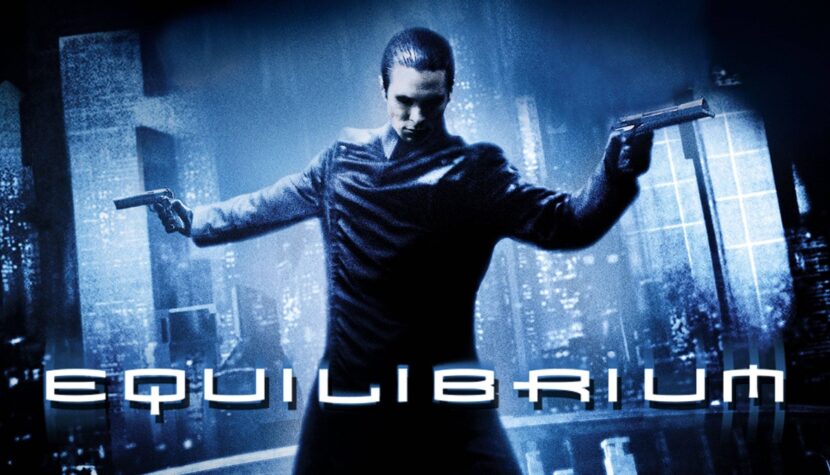
Interestingly, such a combination exists. It’s titled Equilibrium. The year is 2072. Humanity is recovering from the third world war and has no desire for a fourth, which could bring irreversible destruction. In an effort to prevent future bloodshed, scientists develop a drug called Prozium, with the primary purpose of suppressing negative emotions—deemed the main source of conflicts. Citizens of Libria, a futuristic city-state, must compulsorily take the drug every day, leading to the gradual homogenization of society (equilibrium in English means equality).
Overseeing this process is the hand of authority, Tetragrammaton, whose members are colloquially called Clerics. At the helm of the institution is the Father (clear counterpart to Big Brother), along with his deputy, the Consul. We follow the story from the perspective of a highly law-abiding Cleric, John Preston (played by Christian Bale, drawing from the impact of his role in American Psycho). After the death of a colleague, Preston decides to set aside the drug vials. Day by day, he experiences more emotions, starts to see what he was blind to before, and the world becomes colorful and beautiful in his eyes. And for this, he will have to die. Equilibrium it is.
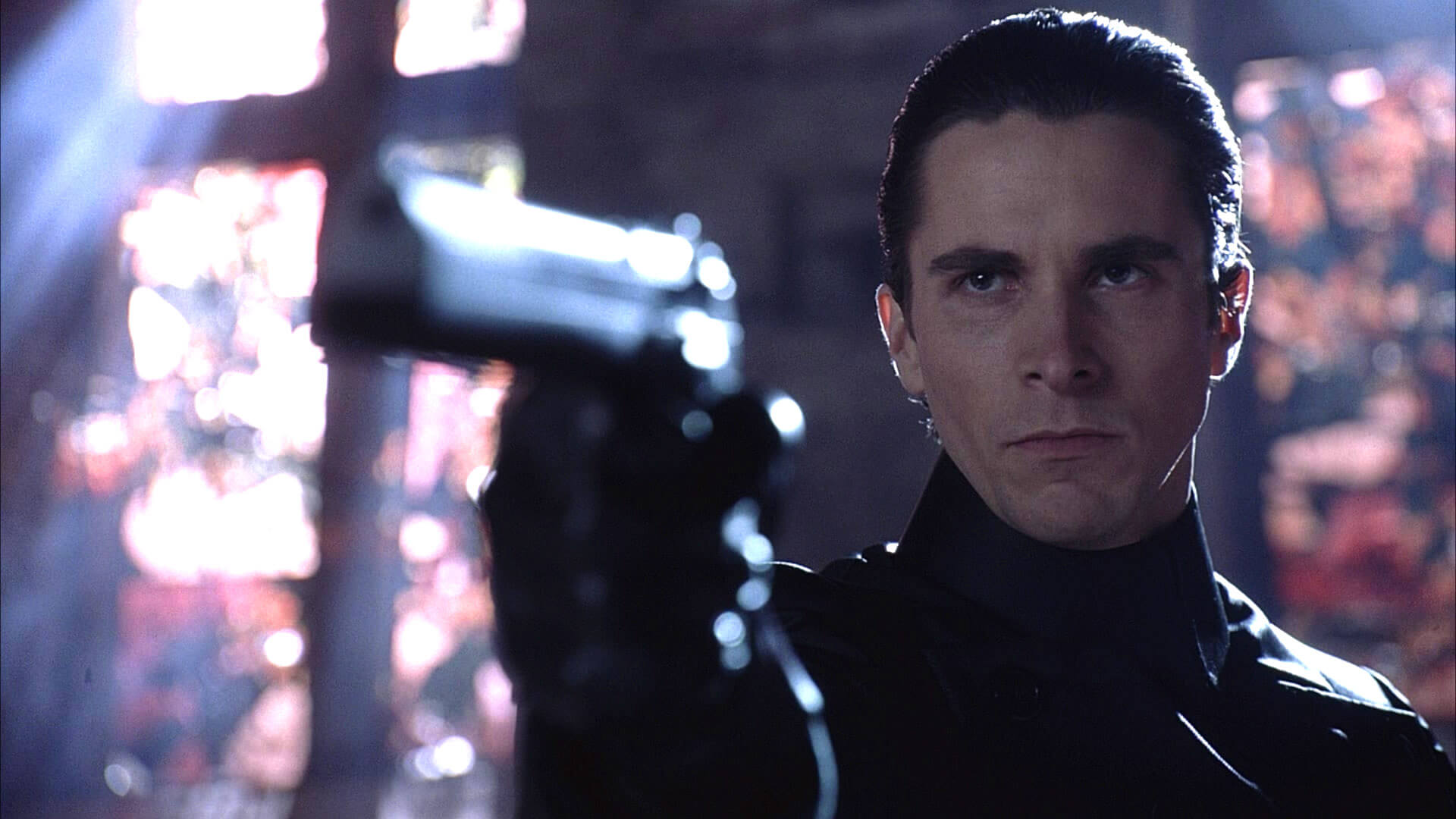
The idea of the film, you’ll agree, sounds intriguing. But in its assumption, it is also exceptionally absurd. Let’s agree on one thing: one doesn’t need to be a world-famous psychologist to know that human emotions are a much more complex state than presented in the film. It’s enough to say that the architecture visible in Libria (inspired by the designs of Hugh Ferriss, a famous 20th-century artist whose works were the basis for Gotham City) must have been designed with the involvement of the appropriate sensitivities. But I have the impression that from the very beginning, it wasn’t about realism in this story. Science fiction has the tendency to, under the guise of a fantastic vision, sell a story with a universal character, serving the role of a parable. This is precisely the case with Equilibrium—a film that should not be taken seriously if one wants to extract what is most important.
This assumption likely guided Kurt Wimmer, the director and screenwriter of the film. Admittedly, it’s challenging to approach with distance and conventionality something that maintains high gravity most of the time—because if I were to criticize Equilibrium for something, it would be that its tone does not reveal that it actually serves as a story completely torn from our reality (contrary to what the narrator suggests), functioning somewhere at the level of a parallel world, an alternative to what we see outside our window (although the director tries to suggest this in several places—e.g., by not focusing on technological development—it is too difficult to perceive).
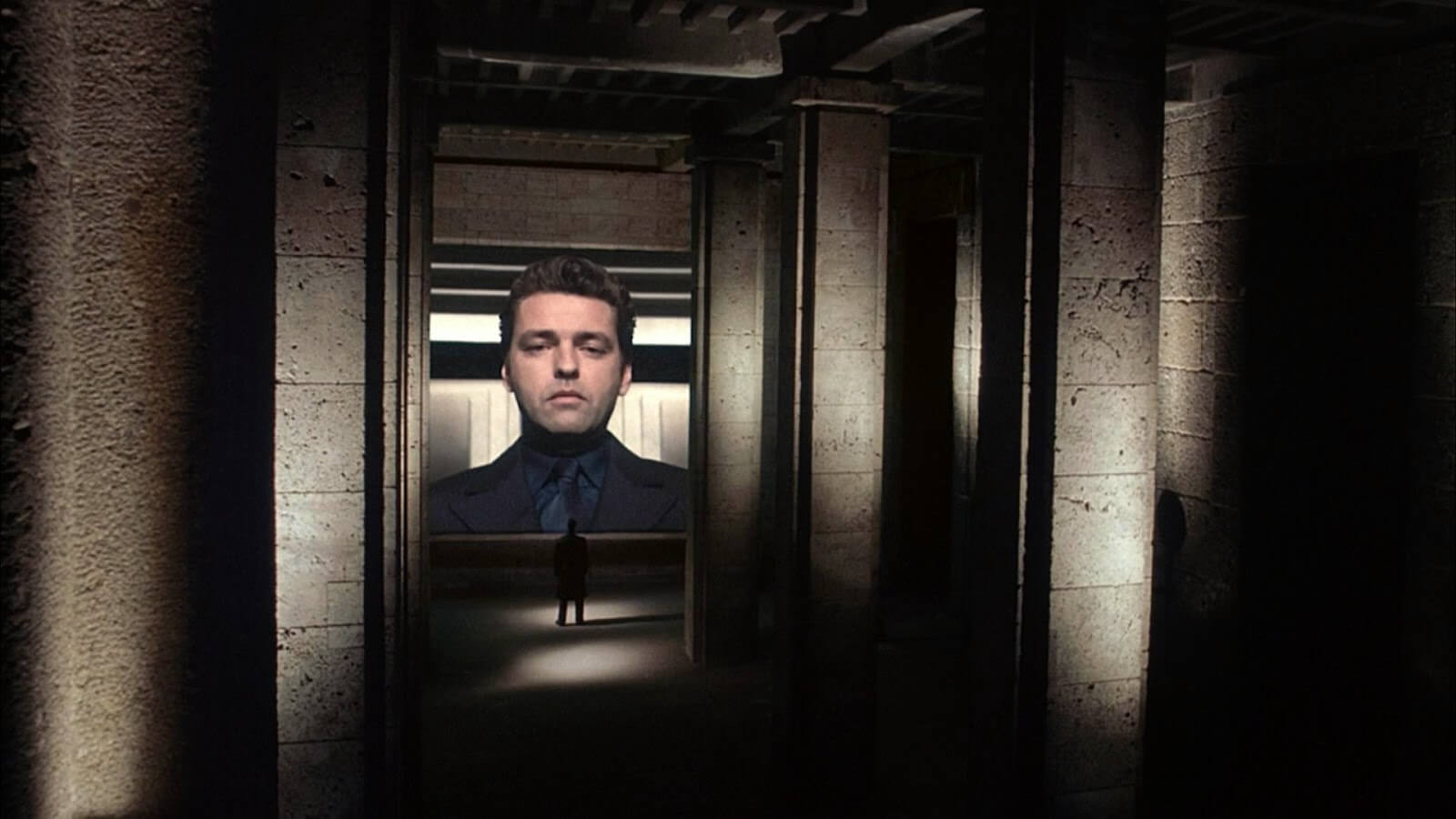
Equilibrium is primarily a classic dystopia, serving to contemplate what a hypothetical society would look like when subjected to a new, more perfect means of control. And considering that it involves the suspension of natural emotional processes, the creators of the regime must fail again. The viewer’s task is not to point out the logical inconsistencies of the dystopian vision but to understand the peculiarity that it wants to emphasize using hyperbole. In this case, the conclusions are quite obvious, though consistently important: humans need freedom not only in terms of space but also, or primarily, in the sphere of their own thoughts and even more so in emotions. Because it is emotions that give meaning to our existence, giving it colors, as emphasized by one of the film’s characters:
Without love, breath is just the ticking of a clock.
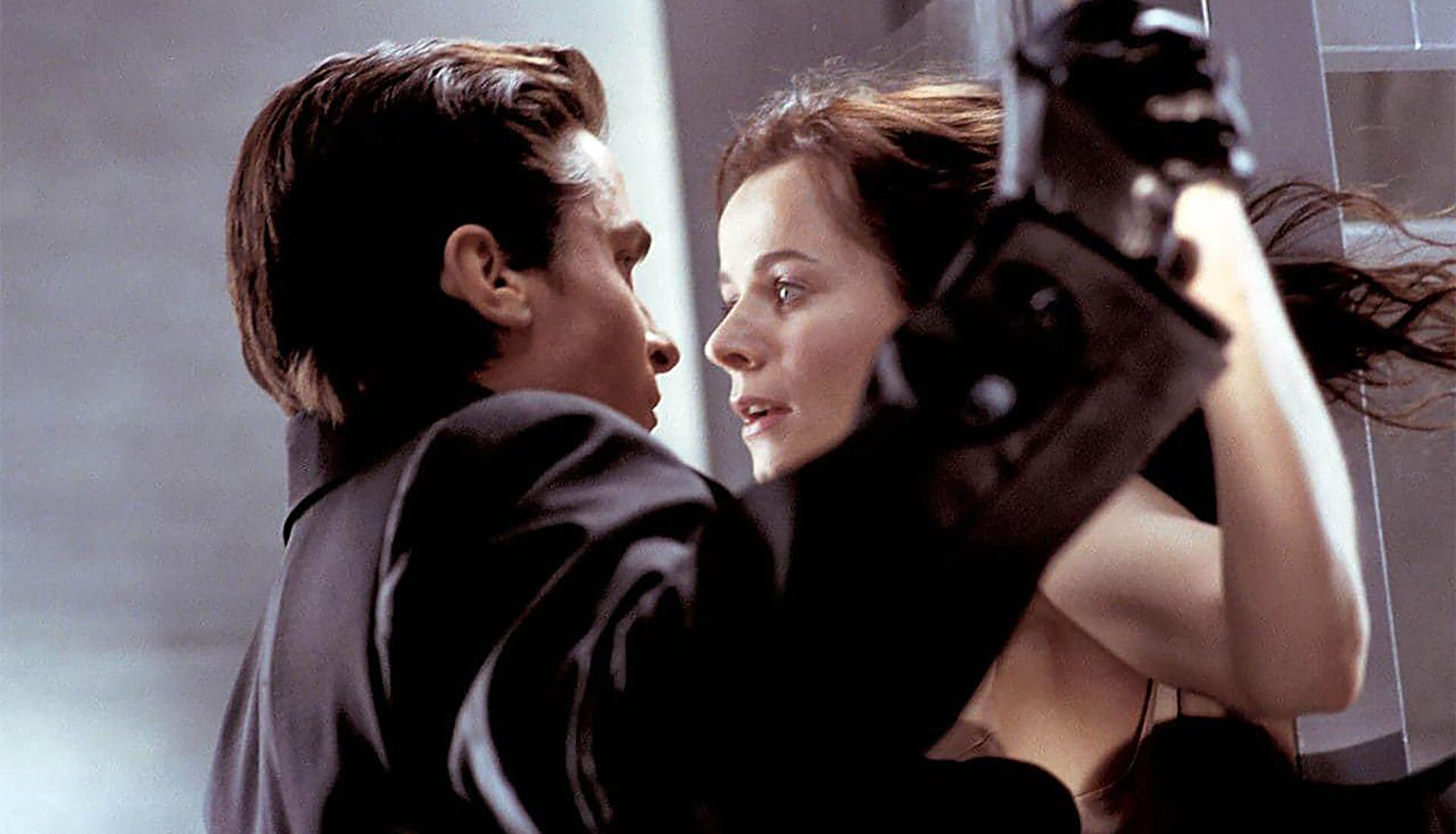
In this ostensibly anti-emotional film, Kurt Wimmer put a lot of heart. Interestingly, this is most visible in the action scenes. Few know that the specific way of fighting and moving while shooting a gun, practiced by the Clerics, was entirely devised by the director. To make it funnier, the idea of the new martial art—called gun kata—was developed by Wimmer in his backyard. The principles of gun kata, drawing from Japanese martial arts such as aikido or kendo, aim to turn the gun into a total weapon with maximum striking power directed at the maximum number of opponents. However, Wimmer argued with fight choreographer Jim Vickers about how each fight should look. While the director opted for gentleness and fluidity of movements, the choreographer insisted that the fights be presented in a decidedly more straightforward manner. They had to compromise, though, as the script presented the main character with no small challenge—killing, trivially, one hundred and eighteen characters.
Preston, as we know, fulfills his task flawlessly, thereby etching himself into the history of cinema as one of the most effective and independent assassins.
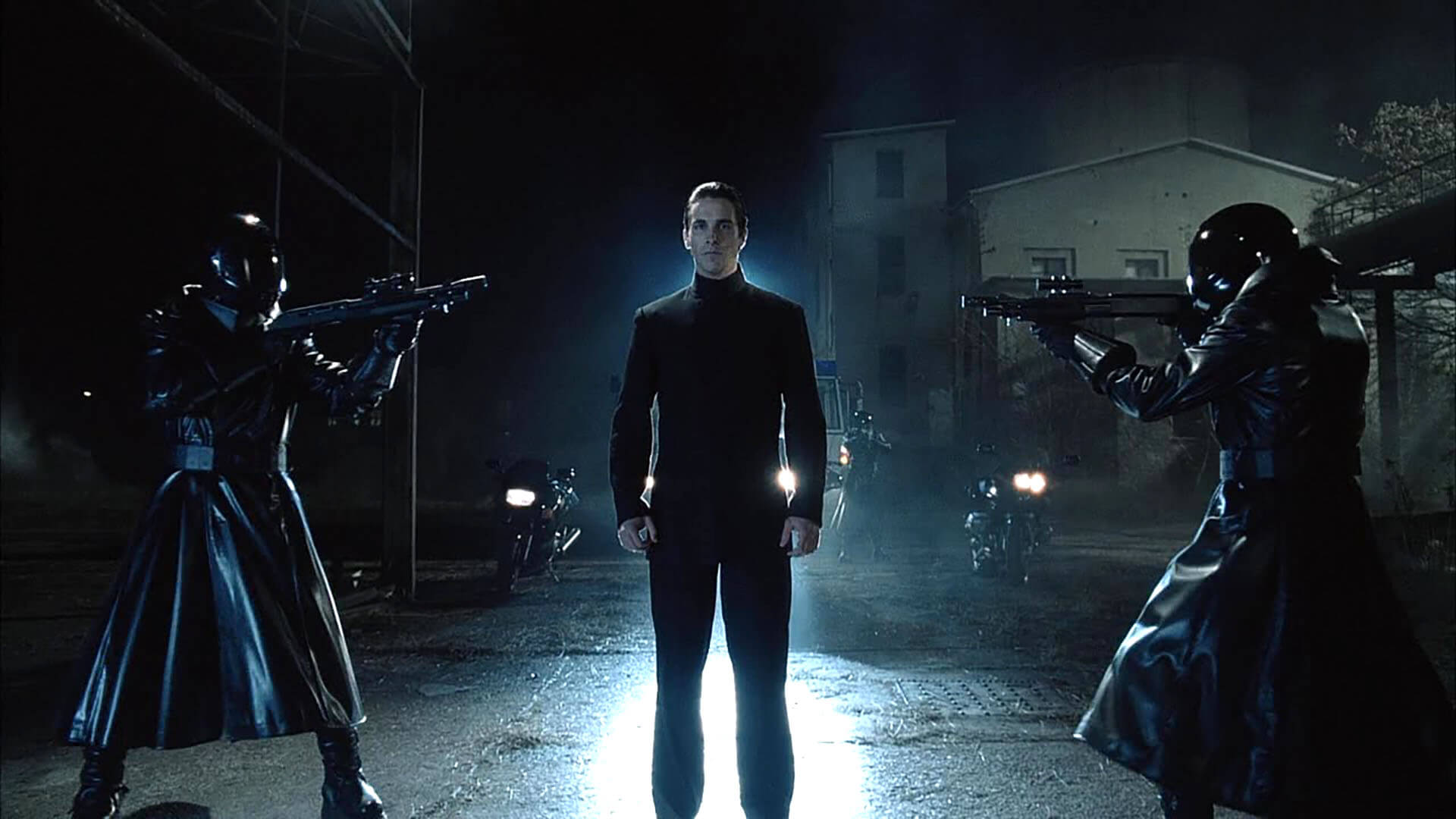
However, not everyone could appreciate the heart that the director put into the film, writing its screenplay—loosely using motifs from literary classics of the genre—and even designing an original fighting style for its needs. Critics still criticize the film to this day (on Rotten Tomatoes, it stands out with an unfortunate 38% positive reviews), accusing it of redundancy and screen nonsense (although, interestingly, Roger Ebert himself gave the film three out of four possible stars, appreciating that it has much more depth than many similar SF combinations with special effects). The studio Miramax, responsible for its distribution, apparently did not believe in the project either. The film did not make a fortune—total revenues were barely around five million dollars. But the reason is that the film’s copy was sent to a limited number of theaters. The twenty-million budget of the film had already been recovered at the stage of selling foreign licenses, so the studio did not want to take more significant risks.
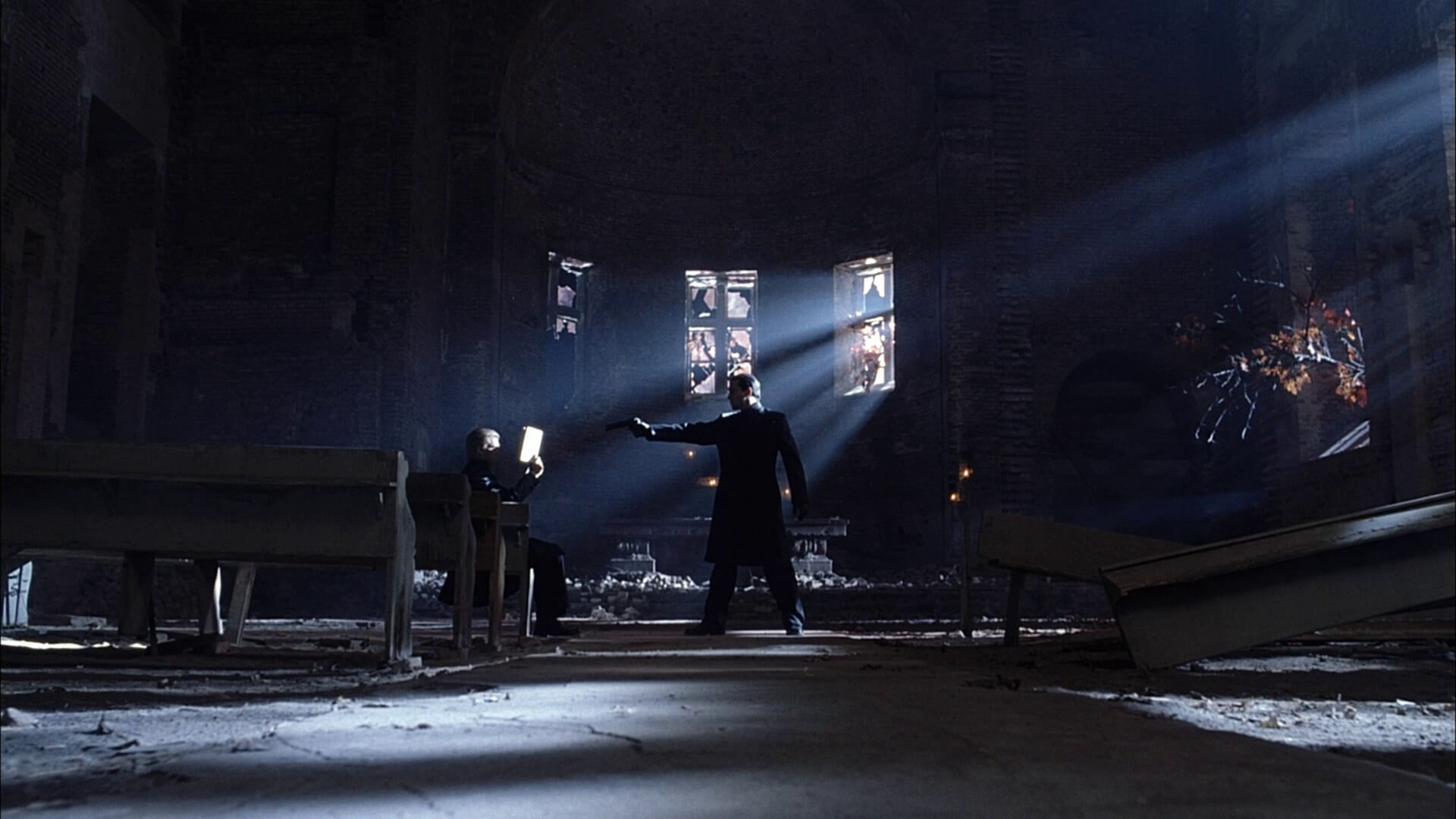
However, this did not prevent the film from reaching the public and appealing to it—especially the geeky audience. And that was probably the director’s goal—to address his audience with ambitious ideas, albeit in an interesting, light form of reflection, rather than to critics, genre experts whose reception is distorted by numerous comparisons. Moreover, upon hearing about the critical reviews present in the Equilibrium reviews, Kurt Wimmer responded diligently, completely downplaying the seriousness of the situation:
Why should I make a movie for someone I wouldn’t want to have fun with? Have you ever met a critic you can have fun with? Because I haven’t.
And that’s the point. To be able to simply enjoy Equilibrium, understanding at the same time the principles of the convention that provides us with a completely unreal world, driven, however, by real rules.

